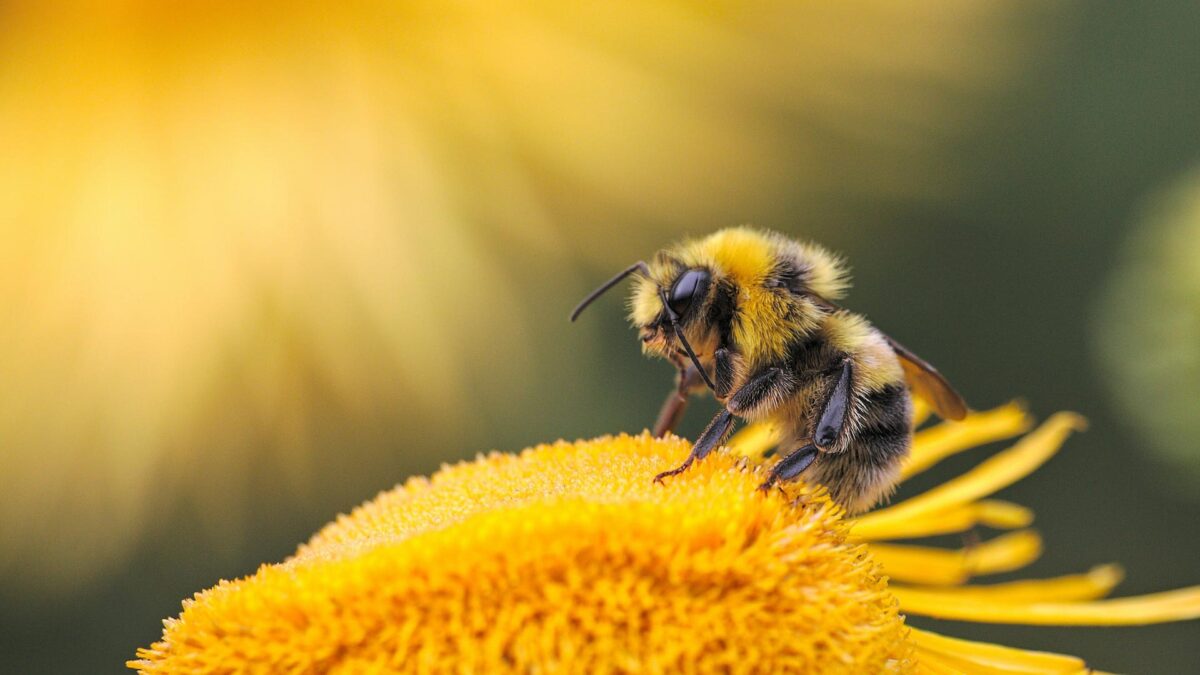Are Bees Smarter than We Think?

A study published in Nature suggests that bumblebees possess the ability to teach each other complex behaviors.
In this research, bees were trained to solve a puzzle in exchange for a sugary reward. Remarkably, these trained bees were able to pass on their acquired skills to other bees, indicating that bees can engage in social learning of behaviors previously thought to be beyond their capacity.
The concept of culture, often discussed in human context, refers to socially learned behaviors that persist over time. Evidence suggests that animal culture, like human culture, can involve cumulative learning, where new behaviors build upon existing ones.
While human cumulative culture involves behaviors of considerable complexity, previously thought beyond individual discovery, such phenomena had not been observed in invertebrates.
Alex Thorton, a co-author of the study, points out the unique attribute of human species: the progressive improvement of skills and technologies through the spread and refinement of innovations.
Unlike humans, bumblebees rely on social learning to acquire non-natural behaviors like string-pulling and ball-rolling for rewards. To investigate their capacity for learning complex behaviors, researchers designed a challenging two-step puzzle box.
Despite ample time, individual bees from different colonies couldn’t independently solve the puzzle. However, after just two days of training, demonstrator bees could successfully complete the task, often requiring rewards at the initial step. Subsequently, untrained bees quickly learned the puzzle-solving technique from the demonstrators without needing a reward, suggesting social learning and potential cultural transmission among bumblebees.
Check out the bees in action below: